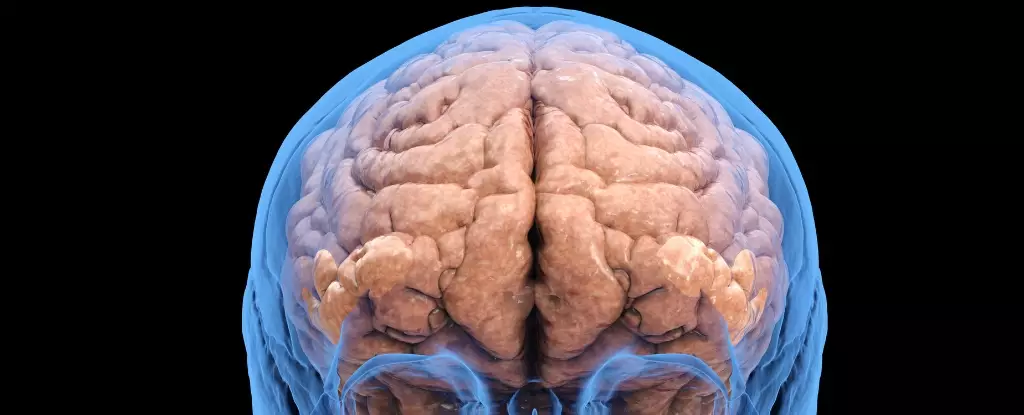The human brain is a complex organ that is responsible for regulating our responses to various stimuli, including natural rewards like food and water, as well as addictive substances like cocaine and morphine. Scientists have recently made significant advancements in understanding how these drugs can disrupt our natural desire for life-sustaining needs, leading to addictive behaviors that can override basic survival instincts.
A team of researchers from Rockefeller University and the Icahn School of Medicine at Mount Sinai conducted a study using mouse models to investigate the effects of cocaine and morphine on the brain’s reward pathways. By mapping brain activity, imaging neurons, and altering genetic activity, they were able to identify the specific neural pathways that are impacted by addictive drugs. The brain’s nucleus accumbens (NAc) was found to be a key player in both normal functions and drug rewards, especially when activated by drug use.
Cocaine and morphine, two highly addictive substances, were found to have different effects on the brain’s reward pathways. While both drugs activated a subset of neurons in the NAc that respond to natural rewards, they caused these neurons to become more active and override the desire for food and water. Over time, repeated exposure to the drugs led to a shift in behavior, with the mice showing a greater preference for cocaine and morphine over basic necessities.
The researchers also identified a protein encoded by the Rheb gene that plays a critical role in disrupting normal neuron communication and altering the brain’s response to rewards. This protein could potentially be targeted for therapy in the treatment of addiction. By understanding how addictive drugs interfere with the brain’s reward system, new treatment interventions may be developed to better manage addiction, which currently lacks effective therapies.
The findings of this study shed light on how addictive drugs can hijack the brain’s natural reward pathways, leading to compulsive drug-seeking behaviors and a diminished response to healthy rewards. Further research is needed to understand how information processing in brain cells is affected by addictive substances, and how this can be leveraged to develop more effective treatments for addiction. Dr. Eric Nestler from Mount Sinai emphasizes the importance of ongoing research in defining the mechanisms behind addiction and finding ways to counteract the negative effects of addictive drugs on the brain.
The impact of addictive drugs on natural reward pathways is a significant area of research that has the potential to transform the way we treat addiction. By unraveling the complex interactions between addictive substances and the brain’s reward system, scientists are paving the way for new therapeutic approaches that target the root causes of addiction. This research highlights the importance of understanding the neural mechanisms behind addiction and developing interventions that can help individuals break free from the cycle of substance abuse.


Leave a Reply